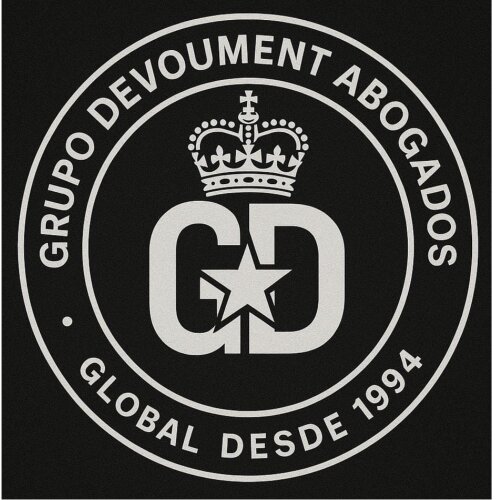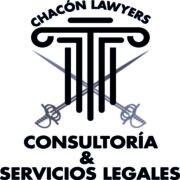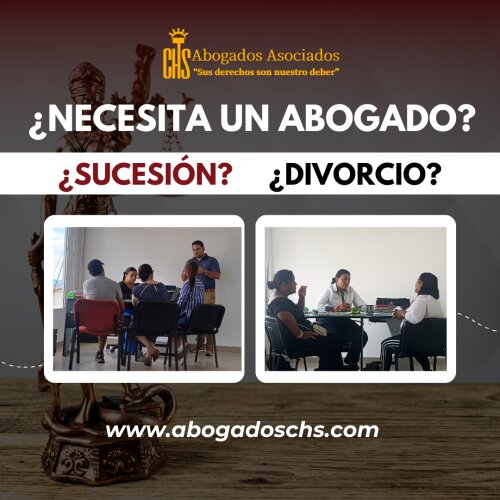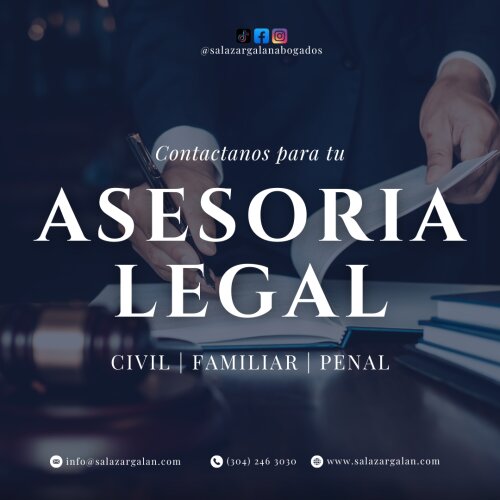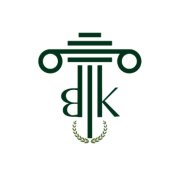Best Government Relations & Lobbying Lawyers in Colombia
Share your needs with us, get contacted by law firms.
Free. Takes 2 min.
Or refine your search by selecting a city:
List of the best lawyers in Colombia
About Government Relations & Lobbying Law in Colombia
Government relations and lobbying in Colombia are fields focused on influencing public policy, legislation, and regulatory changes through various means of engagement with governmental authorities. In Colombia, this interaction between private sector entities and government institutions is essential for shaping policies that impact businesses and the wider community. The practice involves strategic communication, negotiation, and sometimes advocacy, requiring a nuanced understanding of both political processes and legal frameworks.
Why You May Need a Lawyer
There are several reasons you may require legal assistance in the field of government relations and lobbying in Colombia. A lawyer can provide guidance on:
- Navigating complex bureaucratic processes and understanding the intricacies of government regulations.
- Ensuring compliance with local laws related to lobbying activities to avoid legal pitfalls.
- Formulating effective lobbying strategies and communication plans tailored to legal and political environments.
- Representing interests in front of governmental bodies or during legislative processes.
- Handling disputes or legal challenges that may arise from lobbying activities.
Local Laws Overview
Colombia's legal framework for government relations and lobbying encompasses several key laws and regulations:
- Law 1474 of 2011: Also known as the Anti-corruption Statute, it seeks to enhance transparency and reduce undue influence and corruption in public administration.
- Decree 1081 of 2015: Establishes guidelines for transparency and standards for public sector integrity, relevant for lobbying activities.
- Congressional Code of Ethics: Contains regulations concerning the ethical conduct of lobbying efforts within Colombia’s legislative branch.
- Compliance and Reporting Obligations: Organizations involved in lobbying must adhere to reporting requirements to demonstrate transparency and accountability in their activities.
Frequently Asked Questions
What is lobbying in the context of Colombian law?
Lobbying in Colombia involves efforts to influence or persuade policymakers in favor of specific policy prescriptions, legislative changes, or regulatory adjustments, aligning organizational objectives with public policy.
Do businesses need to register as lobbyists?
While there is no specific lobbyist registration requirement as in other countries, organizations must adhere to various compliance frameworks that require transparency in their lobbying activities.
Is lobbying considered legal in Colombia?
Yes, lobbying is legal in Colombia, provided it is conducted transparently and ethically, within the boundaries of anti-corruption and transparency laws.
What are the consequences of illegal lobbying activities?
Illegal lobbying can lead to significant legal penalties, including fines and restrictions, as well as reputational damage for the involved entities.
How do I ensure compliance with lobbying regulations?
Engaging with legal experts and developing a comprehensive understanding of relevant laws, ethics, and compliance measures are key to maintaining lawful lobbying activities.
Can individuals act as lobbyists in Colombia?
While individuals can participate in lobbying activities, they must operate within legal boundaries and cannot engage in corruption or illegal influence.
How can lobbying benefit my organization?
Effective lobbying can result in favorable policy outcomes, business opportunities, and a strong strategic position within regulatory frameworks.
What are the ethical considerations in lobbying?
Ethical lobbying practices involve transparency, accountability, honesty, and adherence to legal standards and societal norms.
Are there any government agencies overseeing lobbying activities?
The Anti-Corruption Office and other relevant governmental bodies monitor compliance, ensuring lobbying activities adhere to laws and regulations.
What kind of legal support can I expect from a government relations lawyer?
Legal support includes strategic advice, risk assessment, representation in legal disputes, compliance monitoring, and effective advocacy strategies.
Additional Resources
For further guidance and resources on government relations and lobbying in Colombia, consider reaching out to these organizations and bodies:
- Colombian Anti-Corruption Office: Provides resources and information on transparency and anti-corruption measures.
- Colombian Chamber of Commerce: Offers business-related guidance and support, including best practices in governmental affairs.
- Local law firms: Specializing in government relations and lobbying can provide expert opinions and legal services.
Next Steps
If you require legal assistance in government relations and lobbying, consider taking the following steps:
- Identify specific needs and objectives for your lobbying efforts.
- Engage with reputable law firms or legal experts who specialize in government relations and are familiar with Colombian laws.
- Ensure comprehensive understanding and strategic planning of your lobbying activities, backed by legal advice and risk management assessments.
- Monitor and maintain compliance with all local laws and ethical standards to ensure a successful and sustainable approach to government relations.
Lawzana helps you find the best lawyers and law firms in Colombia through a curated and pre-screened list of qualified legal professionals. Our platform offers rankings and detailed profiles of attorneys and law firms, allowing you to compare based on practice areas, including Government Relations & Lobbying, experience, and client feedback.
Each profile includes a description of the firm's areas of practice, client reviews, team members and partners, year of establishment, spoken languages, office locations, contact information, social media presence, and any published articles or resources. Most firms on our platform speak English and are experienced in both local and international legal matters.
Get a quote from top-rated law firms in Colombia — quickly, securely, and without unnecessary hassle.
Disclaimer:
The information provided on this page is for general informational purposes only and does not constitute legal advice. While we strive to ensure the accuracy and relevance of the content, legal information may change over time, and interpretations of the law can vary. You should always consult with a qualified legal professional for advice specific to your situation.
We disclaim all liability for actions taken or not taken based on the content of this page. If you believe any information is incorrect or outdated, please contact us, and we will review and update it where appropriate.
Browse government relations & lobbying law firms by city in Colombia
Refine your search by selecting a city.



